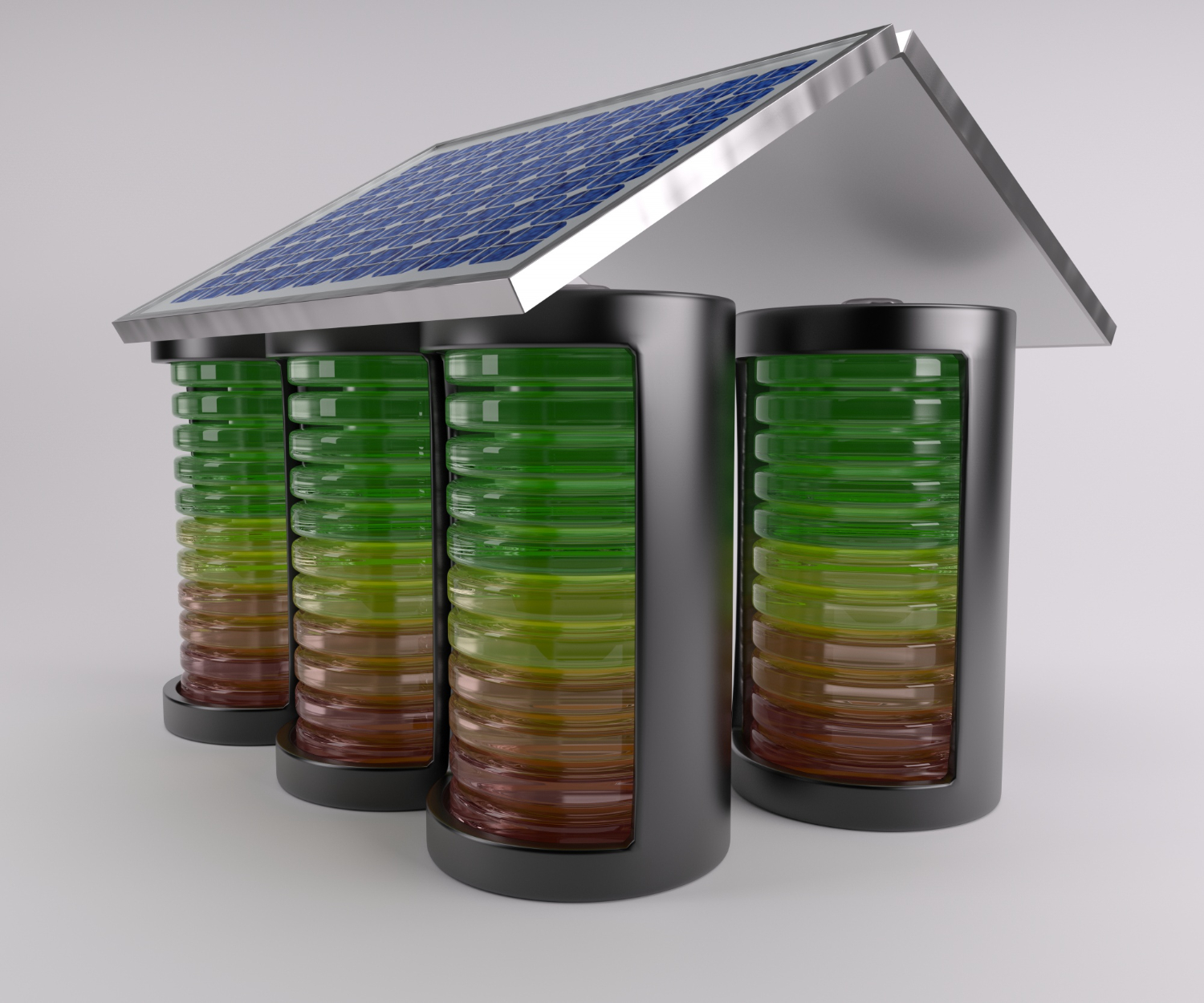
Investing in solar energy is more than just switching to green power. You are making a long-term commitment to sustainable and clean power. As you take your first step on this eco-friendly journey, one crucial thing to consider is the financial aspect of it.
Solar system installation and solar batteries require a significant investment from your side. So, one question that arises is – How long does a solar battery last? Knowing the answer is crucial, as the lifespan of a solar battery has an impact on your long-term investment.
In this blog, we take a closer look at a solar battery’s lifespan and delve deeply into the various factors affecting its longevity.
The typical lifespan of solar batteries falls within the five to 15-year range. On average, a solar system will live for 25 to 30+ years. Within its lifetime, you will have to replace its solar batteries at least once.
So, why does the average lifespan of a home solar battery vary from five to 15 years? This is because of various factors, such as usage, battery type, and storage conditions. Let us look at each factor individually to get a clear picture.
Think of your solar batteries as the powerhouse of your solar energy system. Much like your smartphone battery, constant charging and discharging can lead to wear and tear over time. The number of cycles your batteries undergo – the charge and discharge cycles – directly impacts the overall lifespan of a solar battery.
If you have an off-grid system that relies on battery power every night, your batteries will naturally experience more cycles compared to a grid-tied system that only taps into the batteries during power outages. Manufacturers often specify a recommended Depth of Discharge (DoD), indicating the percentage of the battery’s stored energy you should use. Exceeding this DoD can significantly reduce the battery’s lifespan.
Understanding and adhering to these usage guidelines can make a substantial difference. It is not just about how many years the batteries have been installed; it is about how often and in what manner they are used.
Selecting the right type of battery is paramount in solar panels to ensure longevity and optimal performance. Three primary options dominate the market: lead-acid, lithium-ion, and saltwater.
Lithium-ion batteries stand out as the champions of longevity. Despite being a bit costlier upfront, they offer an extended cycle length and a higher Depth of Discharge (DoD), often reaching up to 80%. This means you can tap into more stored energy without compromising the battery’s health.
Lead-acid batteries, a traditional choice for off-grid solar systems due to their affordability, have a shorter lifespan and typically offer a lower DoD rate, ranging from 30% to 50%.
Saltwater batteries, a newer entrant in the field, use salt for energy storage, making them safe and easy to recycle. While they generally last longer than lead-acid batteries, they might not match the longevity of lithium-ion batteries.
Consider the specific needs of your solar energy system and weigh the upfront costs against long-term benefits. For example, if you have a 7.7 kW solar system, you need to factor in the cycle length and recommended DoD when choosing your solar battery. Sometimes, a slightly higher initial investment can lead to substantial savings in the long run.
Batteries exhibit sensitivity to temperature fluctuations. Storing them in an environment that is either too hot or too cold can accelerate wear and tear, affecting their overall performance and longevity.
Lead-acid batteries, being more temperature-sensitive, thrive in the range of 40°F to 80°F. In contrast, lithium-ion batteries can withstand slightly below-freezing temperatures and tolerate up to 140°F. Saltwater batteries fall in between, performing optimally between roughly 23°F and 104°F.
Whether you’re able to store your batteries in a garage, basement, or any temperature-controlled space can significantly impact their lifespan. In warmer temperatures, the chemical reactions within the batteries occur more rapidly, leading to increased wear and tear. In extreme cold, electrons slow down, and chemicals degrade faster, causing the battery to drain more quickly.
To ensure a long and healthy life for your batteries, follow these key principles:
While the initial investment in solar batteries is significant, it is a critical component in ensuring the efficiency and longevity of your solar energy system. Typically, the lifespan of a solar battery can be anywhere between five to 15 years.
When adopting solar energy, you’re making a wise and sustainable investment in the future. Remember, making informed decisions about the type of battery, following manufacturer guidelines, and providing a suitable storage environment can significantly impact how long your solar batteries last.
If you need assistance with solar installation or a battery backup system for your solar setup, reach out to us for support. Get in touch with our solar professionals today.
Contact us now for a site survey and confirmation that we are able to supply you with half-price electricity.